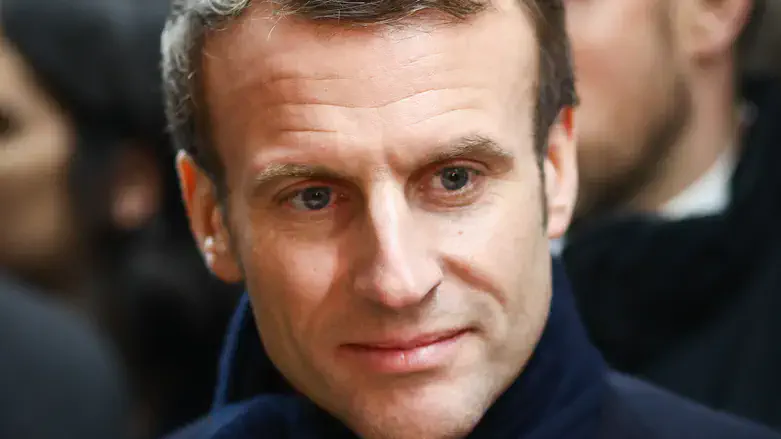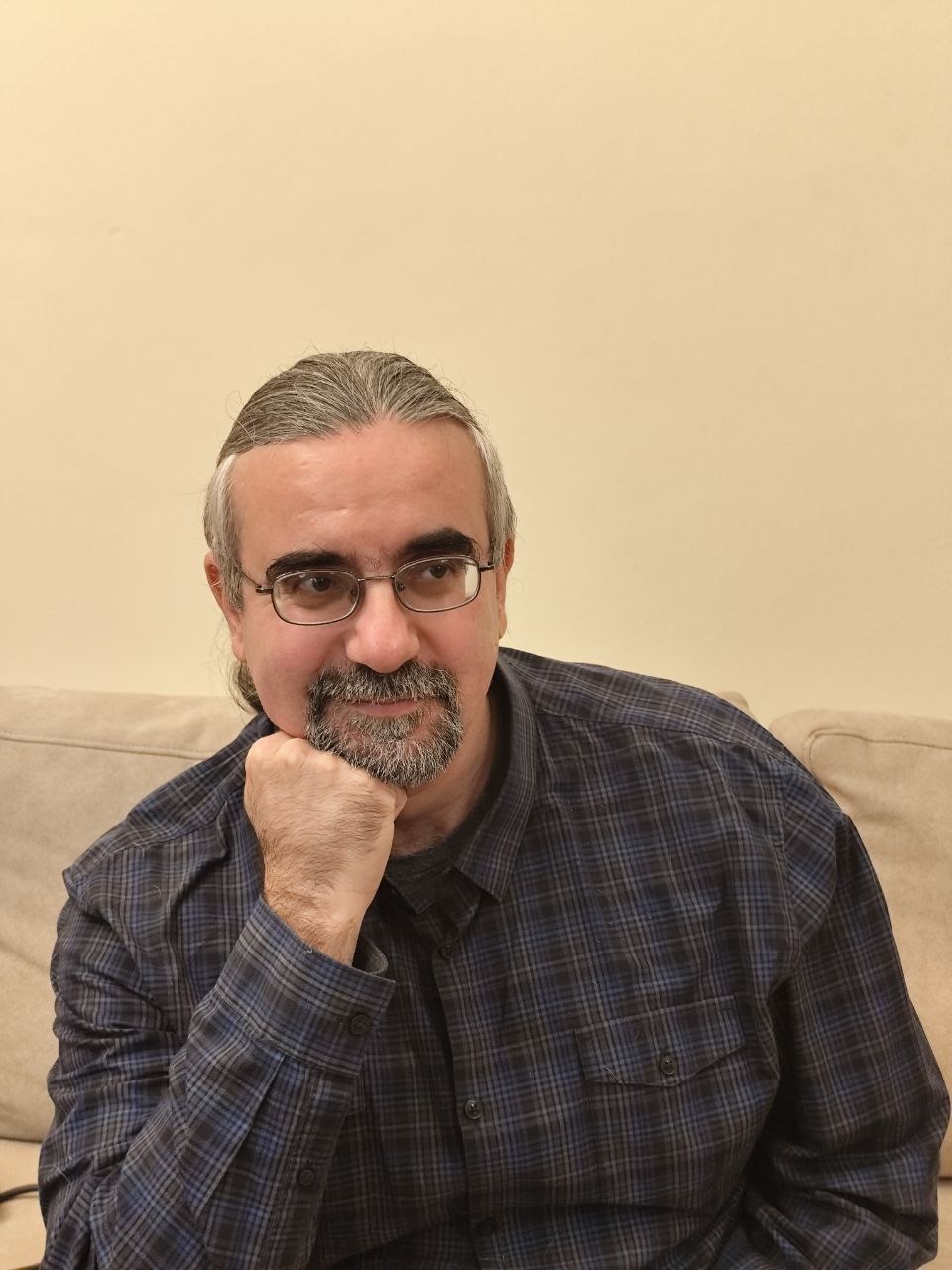
The debate over France's involvement in the Lebanese arena intensified this week against the backdrop of its recent accusations against Israel for violating the ceasefire.
In an interview with Arutz Sheva - Israel National News, Israeli expert on Iran and Middle East Michael Borodkin sheds light on the complex relationship between Paris and Hezbollah, as well as the economic interests driving French policy in the region.
At the beginning of his remarks, he addressed France's problematic stance on the conflict: "Last week, France levelled accusations against Israel, claiming it had violated the ceasefire agreement 52 times in under a week. These alleged breaches include drone activity over Beirut and strikes targeting Hezbollah positions. At the same time, considering that France recognizes that Hezbollah’s re-entry into southern Lebanon (which also contravenes the agreement and makes Israel’s actions a response), Paris remains conspicuously silent on Hezbollah’s violations. This suggests a reluctance among French leadership to confront the group directly."
This approach is unsurprising, given the circumstances under which French socialists secured their involvement in the ceasefire agreement, he added.
"In its bid to secure a foothold in Lebanon, Paris applied pressure on Israel by threatening to execute International Criminal Court (ICC) warrants against Netanyahu and Galant," he explained. "While countries such as the United States, Germany, Austria, Czechia, Italy, and Hungary dismissed these warrants as baseless and counterproductive, France weaponized them to serve its geopolitical ambitions. Despite its proclaimed commitment to liberal values and international law, France appeared willing to compromise its principles for strategic gain."
To Borodkin's mind, Israel's reluctance to involve France in the agreement is understandable: "In October, Macron engaged in discussions about Lebanon with Iran — the very state that arms and controls Hezbollah. Both nations are deeply invested in maintaining influence over Lebanon. This behavior sparked criticism from Lebanese Prime Minister Najib Mikati, who decried France’s involvement as a blatant violation of Lebanese sovereignty. The notion of two foreign powers deciding Lebanon’s fate without consulting its government harks back to France’s colonialist history, when it divided the Middle East with Britain. Now, it seems, France is pursuing similar arrangements with Iran."
Regarding the recent history, Borodkin marked that according to French media, in 2020 Macron struck a deal with Hezbollah representatives. He explained, "This agreement allowed his associate, Rodolphe Saadé, the owner of BFM TV and the French shipping giant CMA-CGM, to secure a lucrative multi-billion contract to rebuild Beirut’s port. In exchange, Macron reportedly pledged to overlook Hezbollah’s activities in southern Lebanon, which threaten both Israel and regional stability. According to Lebanese sources, Macron assured Hezbollah leaders that "France would not address the issue of their weapons."
It must be noted, that Hezbollah killed French soldiers in the 1980s, and was behind several attacks in Paris in 1986. France supported all UN Security Council resolutions calling for the disarmament of this terrorist organization. But current French behavior, according to the expert, shows that "its principles appear negotiable — dependent on the price."
"This transactional approach raises troubling questions about France’s role as a guarantor of the ceasefire. Its covert commitments to Hezbollah and Iran make it unlikely that Paris will impede in any meaningful way Hezbollah's efforts to rebuild its military capacity. France’s rhetoric of Western values is starkly undermined by its willingness to engage in deals that bolster its neocolonial ambitions. And this pattern extends beyond Lebanon and Iran. Qatar, another state with ties to extremist organizations, wields substantial influence in Paris. Qatar’s strategic partnership with France has brought publicized benefits, such as a €10 billion investment pledge in early 2024. However, the emirate’s extensive, less transparent investments — spanning luxury hotels, high-end retail, and sports — have steadily increased Qatar's sway over French domestic and foreign policy," he added.
To Borodkin’s mind, such a "transactional approach to things that should be rooted in moral code is shown also in France’s use of ICC warrants to gain leverage over Israel. Once it secured its desired influence, Paris promptly sidelined the warrants. When the price is right, French ideals are readily traded away."

